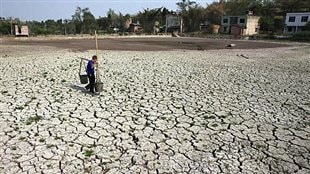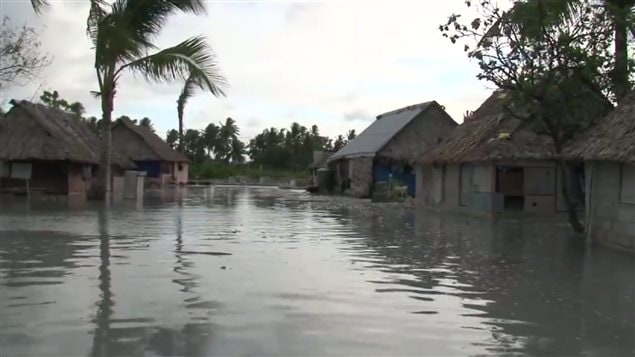A new report looked at how climate change around the world will affect human migration. More specifically it looked at how prepared the west coast province of British Columbia was for what may become an influx of climate migrants or refugees in coming decades, or sooner.
Dr Tim Takaro is co author of the report. He is a professor in occupational and environmental Health in the Faculty of Health Sciences at Simon Fraser University in British Columbia.
Listen
The paper is called “ Preparing BC for Climate Migration”
It notes that many countries of the developing world will be among the hardest hit by the effects of climate change even though they have contributed the least to the greenhouse gasses warming the world and changing climate patterns.
Dr Takaro notes that the various social services in British Columbia designed to help immigrants to settle and adapt into Canadian life, are already stretched to the limit.
He points out that demands will only increase as climate changes force more people around the globe to seek new places to live, Canada among them
He also says that although the report deals with the situation in British Columbia, it can easily be extrapolated to the entire country, and possibly to other developed countries as well.

He notes that no level of government whether regional, provincial, or federal, seems to be planning for what climate migration may require of social or cultural services, nor of infrastructure.
The leadership of our health, housing, policing and other core service systems also seems to be unaware or unconcerned about what climate migration may require of them.
Immigration and refugee policy and practice are not currently designed to accommodate the underlying reality of climate change and migration.
In particular, the report recommends Canada create a new immigration class of “climate migrants” along with targets and programs to ensure Canada absorb its fair share of those migrants.
Key services—including legal, housing and education—should be made available to these migrants, and funding should be allocated to reduce strain on these already-overloaded systems.







For reasons beyond our control, and for an undetermined period of time, our comment section is now closed. However, our social networks remain open to your contributions.